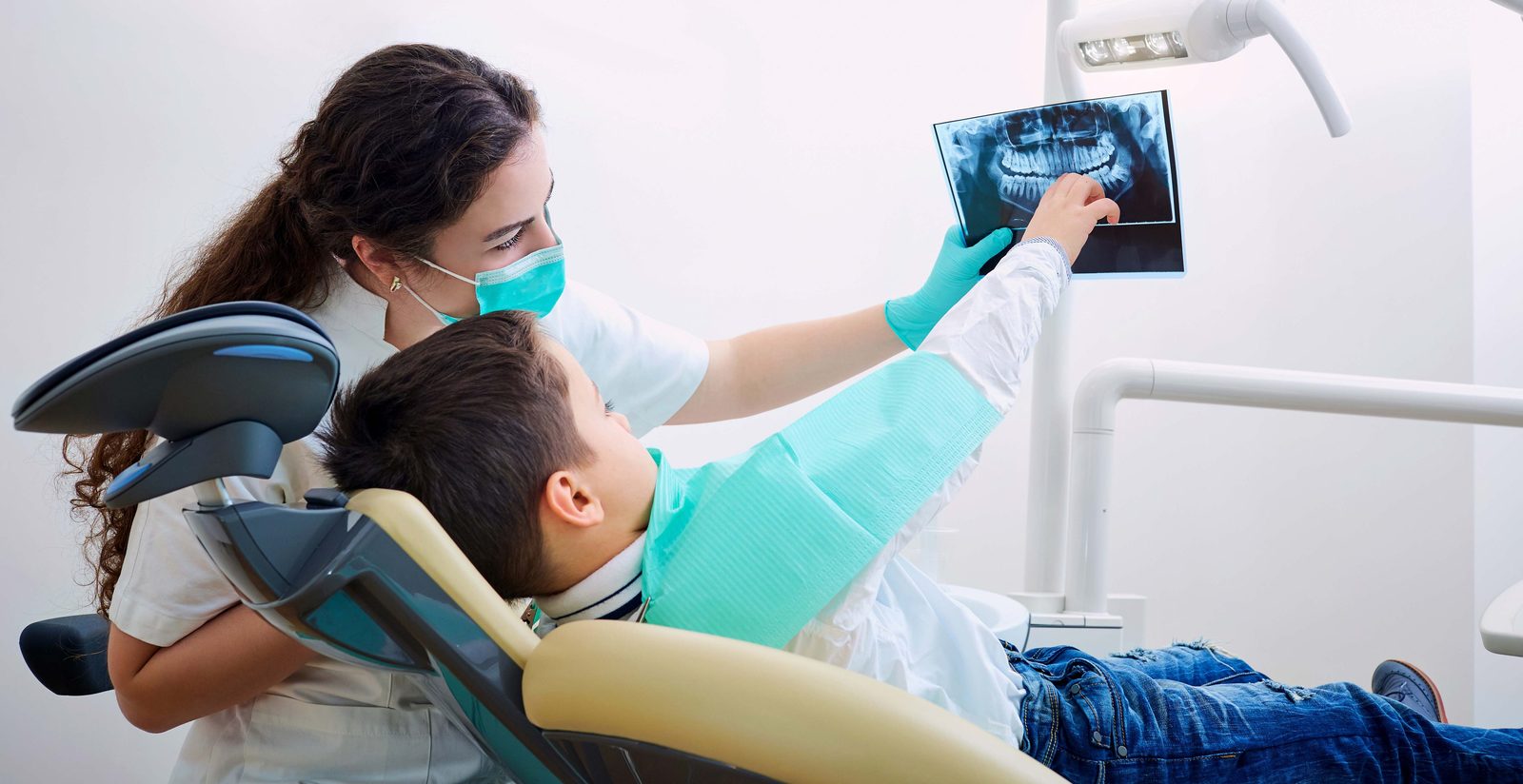
Australian dental graduates at James Cook University (JCU) are being trained to recognise signs of domestic abuse.
This is the first-of-its-kind program in Australia and was launched after students on placement in rural and remote locations commented they felt ‘out of their depth’ when patients presented with signs of domestic violence.
‘I had a number of students writing reflective pieces about situations with patients who had experienced domestic violence,’ Dr Felicity Croker, senior lecturer of dentistry at JCU, said.
‘It became evident to me that we needed some educational intervention.’
Discussing domestic violence
The program, titled ‘Domestic violence: recognise, respond and refer’, has been warmly received by more than 200 dentistry students.
It aims to give students the necessary tools to help discuss domestic violence issues sensitively and skilfully, and to know where to refer patients afterwards.
During sessions, students are asked to role play scenarios to help them find the right words and to ask patients the right questions.
‘We’re not expecting them to be counsellors, that’s not their role,’ Amanda Lee Ross, CEO of the Cairns Regional Domestic Violence Service, said.
‘It’s about people being comfortable to call it when they see it – but also to do that in the right way.
‘Most people don’t like going to the dentist, but this cohort of people may be anxious for a different reason, and that’s to do with what they’ve experienced at the hands of somebody else.
‘I’m really excited by such a program as this, it’s exciting, different and we’re leading the way.’
What the students say
In the UK, similar schemes have been set up to help dental professionals recognise signs of domestic violence.
‘It is the responsibility of all members of the dental team to know what to do if they are concerned about the possible abuse or neglect of children and vulnerable adults,’ the GDC said at the time.
‘If you make a professional judgement and decide not to share your concern with the appropriate authority, you must be able to justify how you came to this decision.
‘If you are unsure of the local procedures in your area, you have a duty to find out what they are, whether you work for the NHS or in private practice.’


